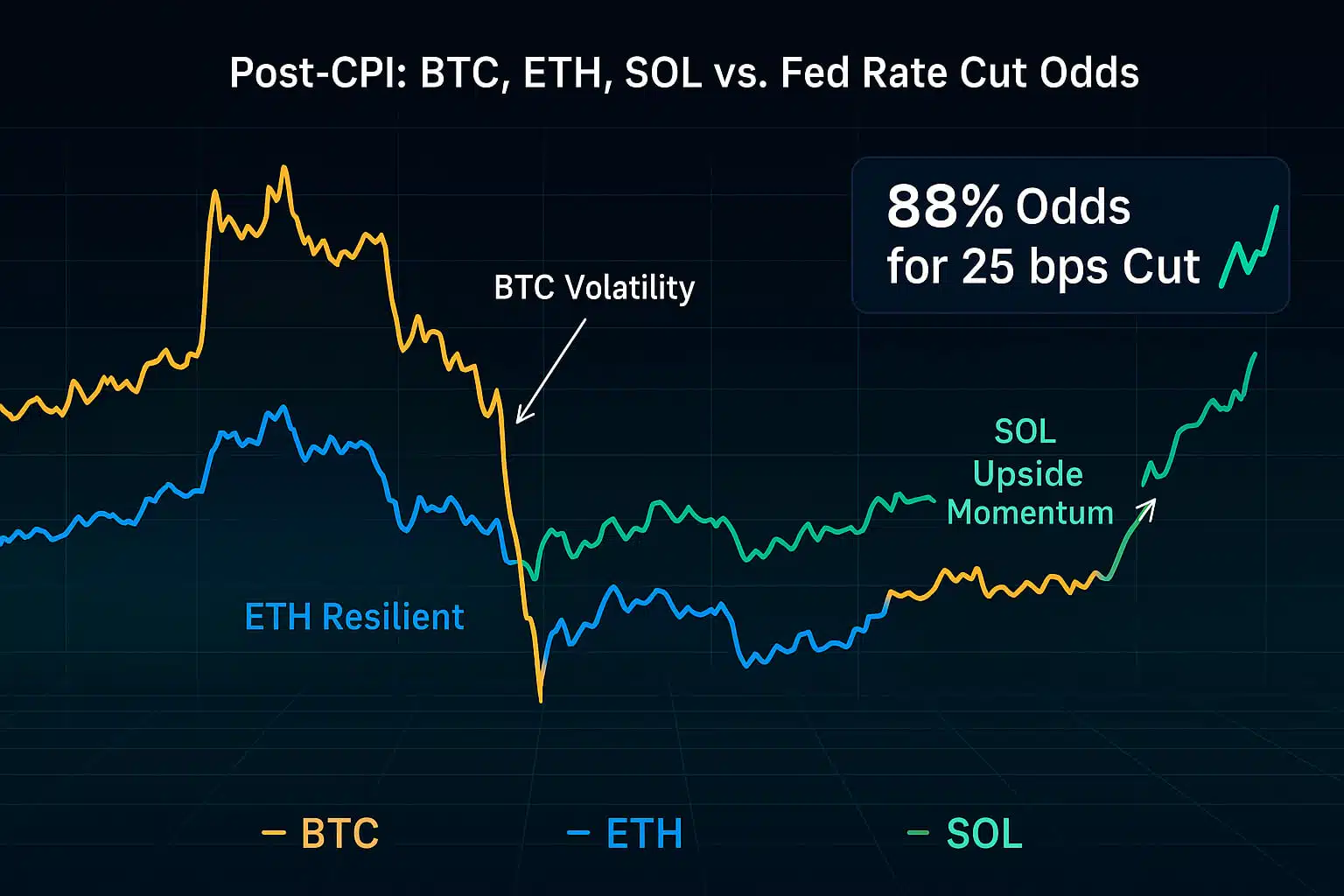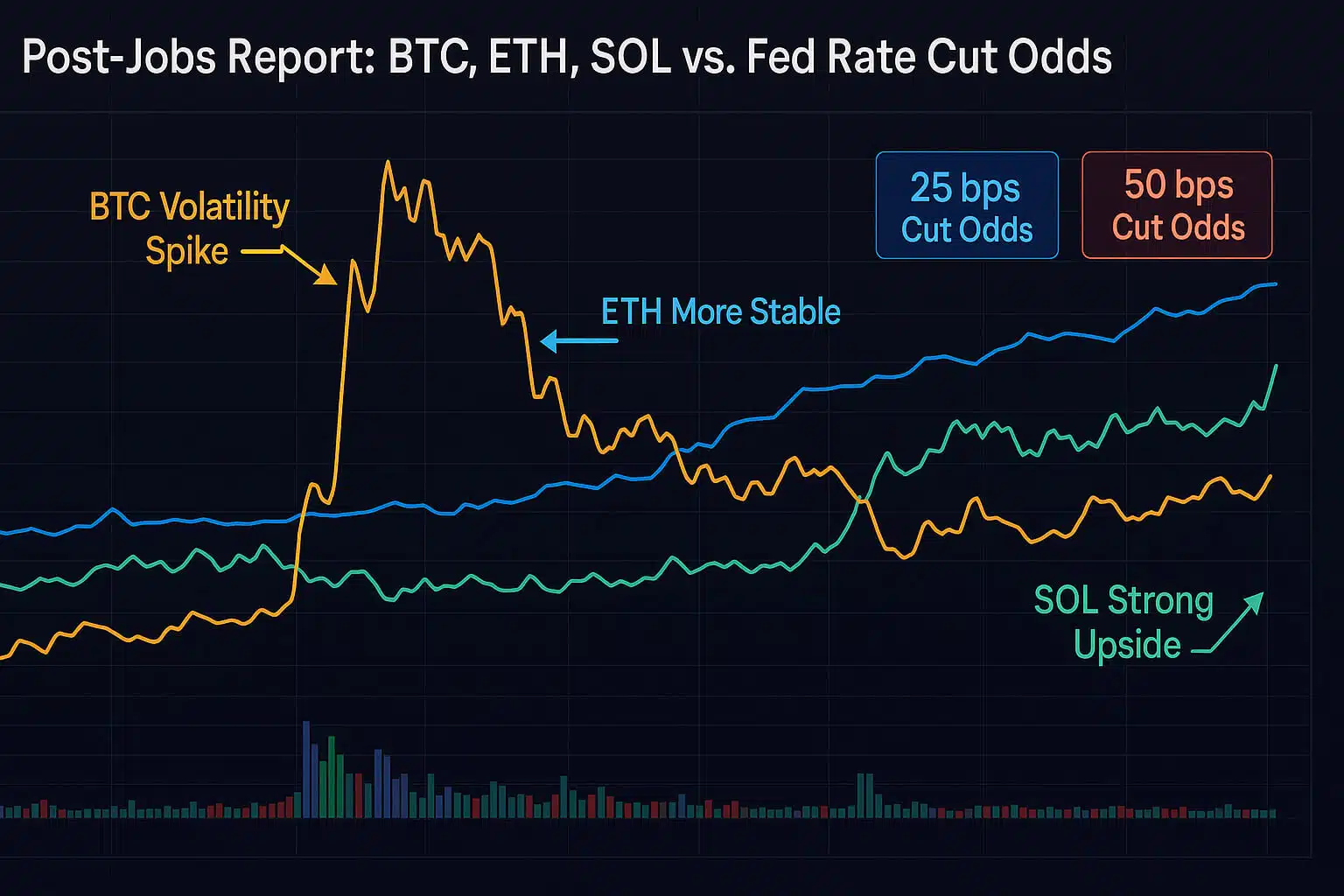The Impact of Regulatory Changes on the Cryptocurrency Market: What Investors Need to Know
Introduction
The cryptocurrency market, known for its rapid growth and volatility, faces constant changes due to evolving regulatory landscapes. Governments and regulatory bodies worldwide continue to develop new laws and guidelines that significantly impact the market. For investors, understanding these regulatory changes is crucial, as they directly influence everything from market prices to the accessibility of crypto services. This blog explores the impact of regulatory changes on the cryptocurrency market and provides strategies for navigating these shifts.
Why Regulatory Changes Matter in the Crypto Market
Regulatory changes act as a double-edged sword for the cryptocurrency market. On one side, clear regulations can legitimize the market, attract institutional investors, and provide a safer environment for retail investors. On the other, overly stringent or unclear regulations can stifle innovation, reduce market liquidity, and cause significant price volatility.
For investors and businesses in the crypto space, understanding the potential impact of regulatory changes is essential for making informed decisions. These regulations affect everything from how cryptocurrencies are traded to how they are taxed and even whether certain crypto-related activities are legally permitted.
Key Regulatory Changes Impacting the Crypto Market
Several key regulatory developments have had a profound impact on the cryptocurrency market. Let’s take a closer look at some of the most significant changes:
1. The SEC’s Stance on Cryptocurrencies and ICOs
The U.S. Securities and Exchange Commission (SEC) has played an active role in regulating the cryptocurrency market, particularly in classifying certain digital assets as securities. This classification means that these assets are subject to the same regulations as traditional securities, which has significant implications for initial coin offerings (ICOs) and other fundraising methods in the crypto space.
Impact on the Market:
- Increased Scrutiny: Companies conducting ICOs and similar fundraising activities must comply with stringent securities regulations, leading to increased legal and compliance costs.
- Reduced ICO Activity: The SEC’s actions have contributed to a decline in ICOs, with many projects opting for alternative fundraising methods like security token offerings (STOs) or initial exchange offerings (IEOs).
- Greater Investor Protection: These regulations offer greater protection for investors by ensuring that companies provide transparent and accurate information.
For more on how the SEC’s regulations impact the crypto market, check out our detailed guide on How to Stay Compliant with Crypto Regulations.
2. Anti-Money Laundering (AML) and Know Your Customer (KYC) Requirements
Globally, regulatory bodies have enforced stricter AML and KYC requirements on cryptocurrency exchanges and businesses. These regulations aim to prevent illegal activities, such as money laundering and terrorism financing, by requiring companies to verify the identities of their users and monitor transactions for suspicious activity.
Impact on the Market:
- Increased Compliance Costs: Implementing AML and KYC procedures requires significant investment in technology and staff, which can burden smaller exchanges and startups.
- Enhanced Security: These regulations help create a safer and more secure environment for users by reducing the risk of fraud and other illegal activities.
- User Privacy Concerns: Some users have expressed concern about the loss of privacy due to the extensive personal information required for KYC processes. This has led to increased interest in decentralized exchanges (DEXs) that do not require KYC.
Learn more about AML and KYC compliance in our blog with this comprehensive guide.
3. Global Tax Regulations on Cryptocurrencies
As cryptocurrencies become more mainstream, tax authorities worldwide have clarified how digital assets should be taxed. In many countries, cryptocurrencies are treated as property for tax purposes, meaning that any gains or losses must be reported on tax returns.
Impact on the Market:
- Increased Tax Reporting Requirements: Investors now need to keep detailed records of their crypto transactions to accurately report gains and losses. This can be complex, especially for those who trade frequently or use multiple exchanges.
- Potential for Higher Taxes: Some jurisdictions have introduced capital gains taxes specifically for cryptocurrencies, which could reduce the overall profitability of crypto investments.
- Enhanced Adoption of Tax Software: The complexity of crypto tax reporting has led to the rise of specialized tax software, such as CoinTracker and TokenTax, which help investors stay compliant with tax laws.
For a deeper understanding of how to manage crypto taxes, read our guide on How to Report Cryptocurrency Taxes.
4. International Regulatory Collaboration
Regulatory bodies across different countries increasingly collaborate to create a unified approach to cryptocurrency regulation. Organizations like the Financial Action Task Force (FATF) have introduced guidelines that member countries are encouraged to adopt, leading to a more standardized regulatory environment.
Impact on the Market:
- Global Consistency: A more standardized approach to regulation reduces confusion and makes it easier for international investors and businesses to operate across borders.
- Compliance Challenges: However, businesses must stay updated on the regulatory requirements of each jurisdiction in which they operate, which can be challenging given the pace of regulatory change.
- Impact on Privacy Coins: Privacy-focused cryptocurrencies like Monero and Zcash have faced increased scrutiny from regulators due to concerns about their potential use in illicit activities. As a result, some exchanges have delisted these coins to avoid regulatory complications.

How Regulatory Changes Affect Cryptocurrency Prices
Regulatory announcements and changes can significantly impact cryptocurrency prices, often triggering sharp price movements in the market. Here’s how:
- Positive Regulation: When regulations are seen as supportive or legitimizing the market, such as the approval of a Bitcoin ETF, prices tend to rise as investor confidence grows.
- Negative Regulation: Conversely, when regulations are perceived as restrictive, such as a ban on crypto trading or a crackdown on exchanges, prices can drop sharply as investors react to the news.
- Uncertainty: Markets often become volatile during periods of regulatory uncertainty. Rumors of impending regulations or unclear regulatory guidance can lead to increased price swings as investors speculate on the potential outcomes.
For example, when China announced a ban on cryptocurrency transactions in 2021, the market saw a significant drop in prices across the board. On the other hand, the approval of the first Bitcoin futures ETF in the United States in 2021 led to a surge in Bitcoin’s price.
Strategies for Navigating Regulatory Changes in the Crypto Market
Navigating the ever-changing regulatory landscape of the crypto market requires a proactive approach. Here are some strategies to help you stay ahead:
- Stay Informed: Regularly follow crypto news outlets like CoinDesk and The Block for updates on regulatory developments. Joining industry associations like the Blockchain Association can also provide valuable insights.
- Diversify Your Portfolio: Diversification can help mitigate the impact of regulatory changes on your investments. Consider spreading your investments across different asset classes, including cryptocurrencies, blockchain stocks, and traditional assets.
- Use Legal and Tax Advisors: Consulting with legal and tax professionals who specialize in cryptocurrency can help ensure that you remain compliant with regulations and avoid costly mistakes.
- Be Cautious with New Projects: New projects and ICOs often face greater regulatory scrutiny. Before investing, research the project thoroughly to ensure it complies with local regulations and has a clear legal framework.
Conclusion
Regulatory changes play a crucial role in shaping the cryptocurrency market, influencing everything from price movements to the viability of certain business models. For investors and businesses, staying informed and proactive is essential for navigating this complex landscape. By understanding the impact of key regulations and adopting strategies to manage regulatory risk, you can make more informed decisions and protect your investments in the evolving world of cryptocurrency.
FAQs
1. How do regulatory changes affect cryptocurrency prices?
Regulatory changes can lead to significant price movements in the cryptocurrency market. Positive regulations often boost prices, while restrictive regulations can cause prices to drop.
2. What are the most important regulations affecting the crypto market?
Key regulations include securities laws, AML and KYC requirements, tax regulations, and international guidelines like those from the FATF. These regulations impact everything from how cryptocurrencies are traded to how they are taxed.
3. How can I stay informed about crypto regulations?
Stay informed by following reputable crypto news outlets, joining industry associations, and consulting with legal and tax professionals who specialize in cryptocurrency.
4. What should I do if a new regulation impacts my crypto investments?
If a new regulation affects your investments, consider consulting with a legal or financial advisor to understand your options. Diversifying your portfolio and staying compliant with all relevant regulations are also key strategies.
For more insights and detailed guides on cryptocurrency, visit our Crypto Guides Section.
Stay Updated
For the latest updates on cryptocurrency trends and news, follow us on:
- Twitter: https://twitter.com/FreeCoins24
- Telegram: https://t.me/freecoins24
Stay informed with the latest strategies and insights in the world of cryptocurrency at FreeCoins24.io.
Special Offer
For an enhanced trading experience, consider Bybit. Sign up through our referral link to unlock exclusive rewards, including up to $30,000 in deposit bonuses, and elevate your trading journey.

















